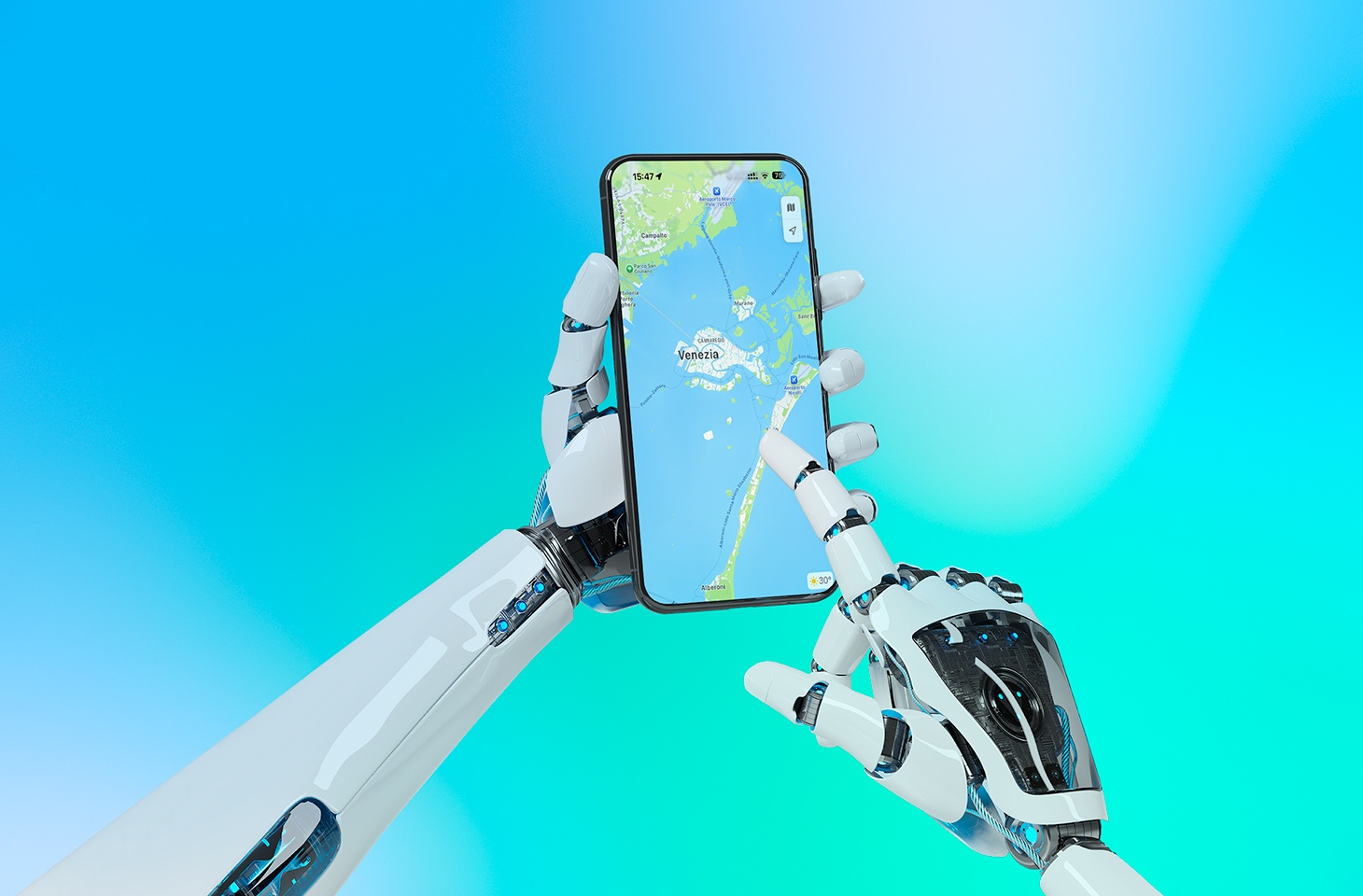Artificial intelligence is already trying its hand as a travel agent: just ask a chatbot about your chosen destination, and in a couple of seconds you’ll get a full sightseeing itinerary, a list of hotels with good reviews, and even visa tips. And with the help of an AI agent, you can even buy tickets without having to trawl through endless airline websites and flight aggregators. Sounds like a traveler’s dream, but there are downsides. In this post, we look at what to pay attention to when planning a vacation with ChatGPT or another AI assistant.
What could go wrong?
A Kaspersky study reveals that just 28% of AI users trust artificial intelligence to plan their vacations, (with 96% of that 28% being satisfied with such AI assistance). Note that chatbots possess no knowledge of their own, but learn from input texts and data, and then formulate the most fitting answer to a question. And AI isn’t immune to serving up inaccurate, outdated, or downright false information. Sure, some chatbots already have an internet search function built in, but infallible fact-checking is still a long way off.
In March 2025, Mark Pollard of Australia was due to fly to Chile to give a lecture. But he was turned away at the check-in desk for not having a visa. Mark had duly consulted ChatGPT about the visa requirements of various Latin American countries, and had blindly trusted its response. As of 2019, however, Australian citizens need a visa to visit Chile, but this information was apparently unknown to the neural network. In another case, AI advised a journalist to visit museums that had been wiped out by a forest fire.
Sometimes, even professionals on duty are led astray by bad AI. In 2024, staff at Manila airport tried to stop a passenger boarding a UK-bound flight: she was a UK citizen, but only had her US passport on her at the time. As it turns out, that isn’t grounds to deny boarding a flight to England, but the staff had been misinformed by Google AI Overviews. It took a call to the embassy to resolve the situation.
If you don’t want AI to send you to a closed restaurant or a non-existent landmark, then check the information in real time. Just be aware — and beware — that connecting to public Wi-Fi is always a gamble, with the security of your devices and data at stake. When abroad, it’s much safer to use mobile internet. There’s no need to buy a physical SIM card — just use an eSIM.
Why you shouldn’t share personal data with AI
Most popular Ais, like ChatGPT and Gemini, process and store all user requests. Which means that in the event of a bug or major leak, outsiders could find out too much about you: travel dates, schedule, budget, and traveling companions. So only share with neural networks data that you wouldn’t mind the whole world knowing.
Many companies these days offer AI agents — digital assistants that can autonomously perform tasks on your behalf. For example, you can ask an AI agent to book a tour, and email your colleagues about your upcoming vacation (please don’t give AI agents access to work chats and email!). Once instructed, the AI agent either launches a virtual machine or captures your computer screen and connects to third-party services.
The problem is that you risk giving the neural network not only your personal data, but also the freedom to perform unwanted actions on websites. Recall that AI agents are vulnerable to prompt injection attacks — hidden commands that attackers plant on phishing pages and hacked websites. Spotting these on your own is near impossible: prompt injections are usually embedded in a website’s metadata or visual elements.
For now at least, the safest way to plan vacation travel is to do your own research and buy everything you need yourself — using AI only as an auxiliary tool. And to minimize the risks associated with prompt injections, use a reliable security solution that blocks all attempts to infect your device with malware.
How to plan your vacation with AI risk-free
- Never share personal data with AI that you want to keep secret.
- Always double-check information supplied by AI — a manual search is always best.
- Be careful with AI agents: they’re prone to prompt injections, and may leak your data to attackers — or worse.
- Bear in mind that public Wi-Fi in airports, hotels, and cafes isn’t secure: traffic isn’t protected, and attackers can snoop on your data. When on the road, it’s better to use an eSIM for mobile internet.
What else to read before your trip:
 AI
AI

 Tips
Tips